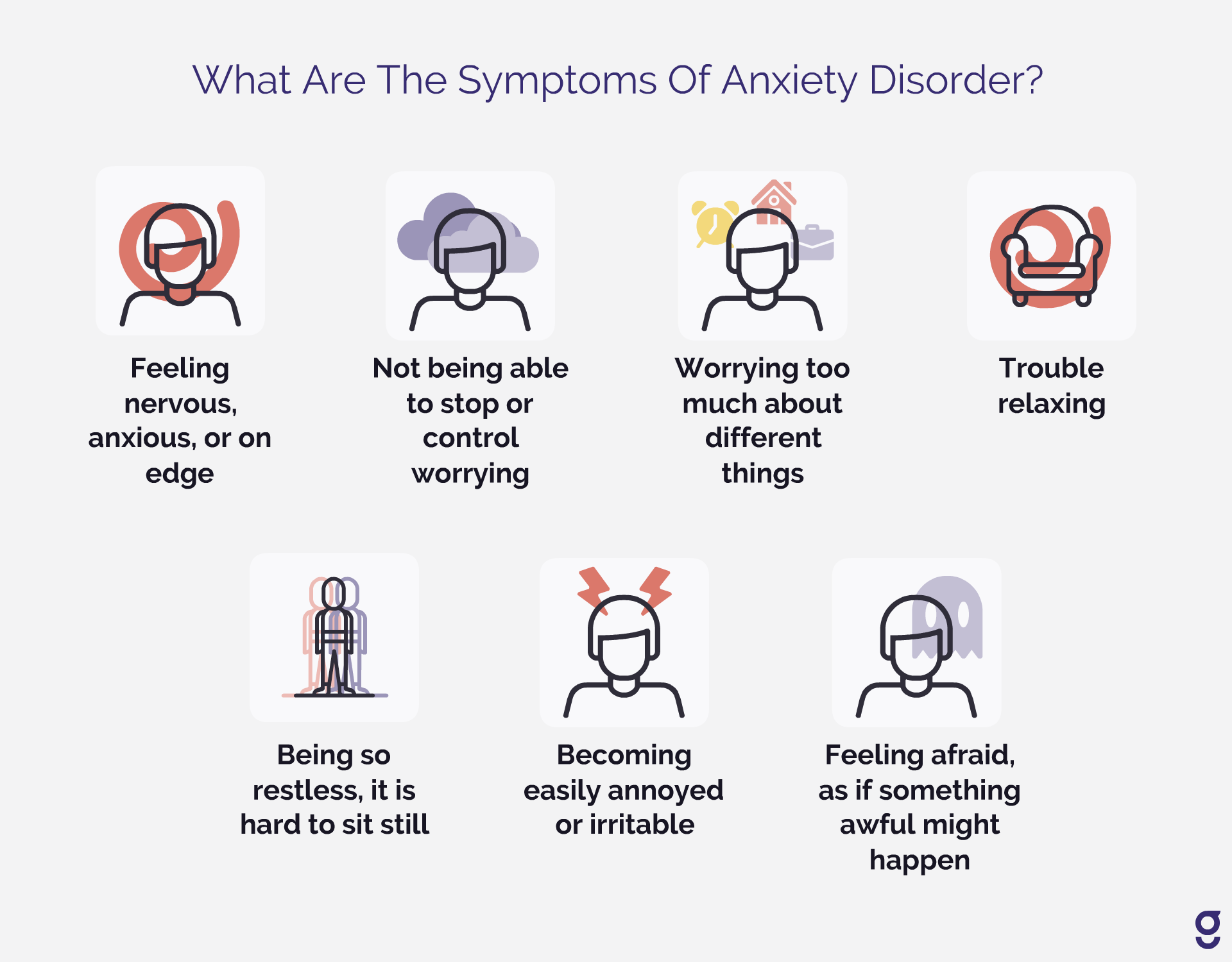

One small study found that participants who wrote down their to-do lists fell asleep faster than those who wrote about what they'd completed.Īmerican Psychiatric Association. Write about future tasks: If something is coming up that's making your mind race, writing down what you have to do may help you sleep.Dim yellow and orange or red lights won't interrupt your sleep as much. Reduce certain types of lighting: If you can't keep your room dark, reduce blue or white lights.Sit in a comfortable chair and read or do some breathing exercises. Get up and do something relaxing: If you can't fall back asleep and 15 minutes have passed, go into another room for a moment.Establish a screen-free bed: If you are trying to go back to sleep, avoid checking your phone in bed, don't watch TV, and keep your laptop packed up.

This can contribute to the vicious cycle of anxiety and sleep. Knowing what time it is may only add to your worries if you've woken up with anxiety. Don't clock-watch: If you have difficulty sleeping, don't check the clock.Your environment should generally be cool, dark, and quiet, with supportive pillows and mattresses. Change your environment, if possible: Make your sleeping area as comfortable as possible to help facilitate sleep.

Try to prioritize your time with the important stuff. Break down those extra stressful tasks into smaller, more manageable steps.
Nocturnal panic attacks professional#
Professional assistance: If you have an anxiety or stress disorder or suspect you do, it's worth talking to a psychiatrist or therapist.Meditation: Deep breathing and progressive muscle relaxation (PMR)-when you tense one area of your body at a time-can help you relax.Regular exercise in the mornings and afternoons can also improve sleep. Exercise: Studies show that physical activity can reduce symptoms of anxiety disorders.Anxiety redirection: Being more engaged in your community, such as volunteering or simply lending your neighbor a hand, can help take your mind off your stress and anxiety.


 0 kommentar(er)
0 kommentar(er)
